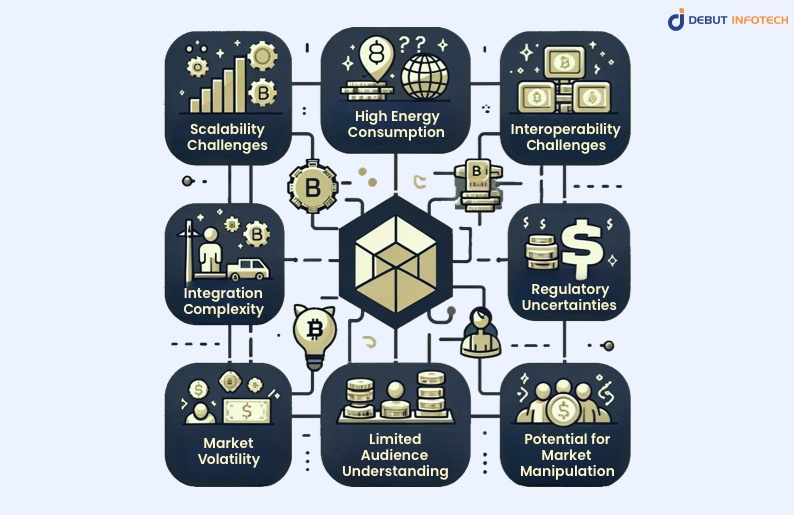Benz Drops Insights
Stay updated with the latest news and trends in the automotive industry.
When Games Collide: The Exciting Future of Crypto Game Interoperability
Explore the thrilling world of crypto game interoperability and discover how future innovations will transform the gaming landscape forever!
Unlocking New Possibilities: How Crypto Game Interoperability Will Change Gaming Forever
The advent of crypto game interoperability marks a pivotal moment in the evolution of gaming. Traditionally, players have been confined to individual game ecosystems, limiting their ability to leverage in-game assets across different platforms. However, with the implementation of blockchain technology, these barriers are beginning to dissolve. Through the ability to use unique assets, such as characters and items, across multiple games, players will unlock a myriad of new possibilities. Imagine leveling up your character in one game and seamlessly transferring it into another for a different gaming experience, enhancing not just the gameplay but also player engagement and satisfaction.
This shift towards interoperabilità will not only enhance user experience but also drive innovation in game development. As developers embrace this technology, we can expect to see an influx of new ideas and collaborative projects that fuse various gaming worlds. This synergy can lead to enhanced storytelling and richer game mechanics, all while fostering a sense of community among players who can transact, trade, and collaborate in unprecedented ways. The implications are vast; the potential for an interconnected gaming universe is on the horizon, and crypto game interoperability is the key that will unlock this new era of gaming.

Counter-Strike is a popular first-person shooter game that has captivated millions of players worldwide. The game emphasizes teamwork and strategy, as players can choose to be part of either the terrorist or counter-terrorist teams. For a chance to enhance your gaming experience, consider checking out the bc.game promo code that offers various bonuses and rewards.
The Cross-Platform Advantage: Why Game Developers Are Embracing Interoperability
The gaming industry is undergoing a significant transformation, with developers increasingly recognizing the cross-platform advantage. This shift towards interoperability allows players to engage with their favorite games regardless of their chosen device. With the rise of mobile, console, and PC gaming, the demand for seamless interaction across platforms has never been more pronounced. This approach not only enhances the user experience by fostering a diverse player base but also boosts community engagement and longevity of games. For instance, games like Fortnite and Call of Duty have successfully implemented cross-play features, allowing gamers on different systems to compete against one another.
Moreover, embracing interoperability can lead to increased profitability for developers. By expanding their audience reach and sustaining player interest, companies can drive higher sales and boost in-game purchases. When cross-platform functionality is integrated, developers tap into new markets and demographics, particularly benefiting from the growing trend of remote gaming and the formation of gaming communities that transcend platform boundaries. In conclusion, the cross-platform advantage is not just a passing trend; it is a strategic shift that is redefining how games are developed and enjoyed in an increasingly interconnected world.
What Is Crypto Game Interoperability and Why Should Gamers Care?
Crypto game interoperability refers to the ability of different blockchain games to interact and share assets within a unified framework. This means that items, characters, and even currencies from one game can be utilized in another, creating a more cohesive gaming experience. For instance, a rare sword obtained in one game could be transferred and used in another, allowing players to leverage their hard-earned assets across multiple platforms. As players increasingly seek out engaging experiences, interoperability paves the way for enhanced creativity and collaboration between developers, attracting gamers to ecosystems rich in possibility.
Gamers should care about crypto game interoperability because it significantly increases the value and utility of in-game assets. With a growing number of titles embracing this concept, players can enhance their gameplay by owning unique items that can traverse different gaming worlds. Moreover, it fosters community and social interaction among players who can trade and showcase their assets across games. In an ever-evolving gaming landscape, understanding and participating in interoperable ecosystems can lead not only to richer gameplay experiences but also potential economic opportunities in the realm of blockchain gaming.